General
Ikeja Electric Explains How to Get Prepaid Metres via MAP
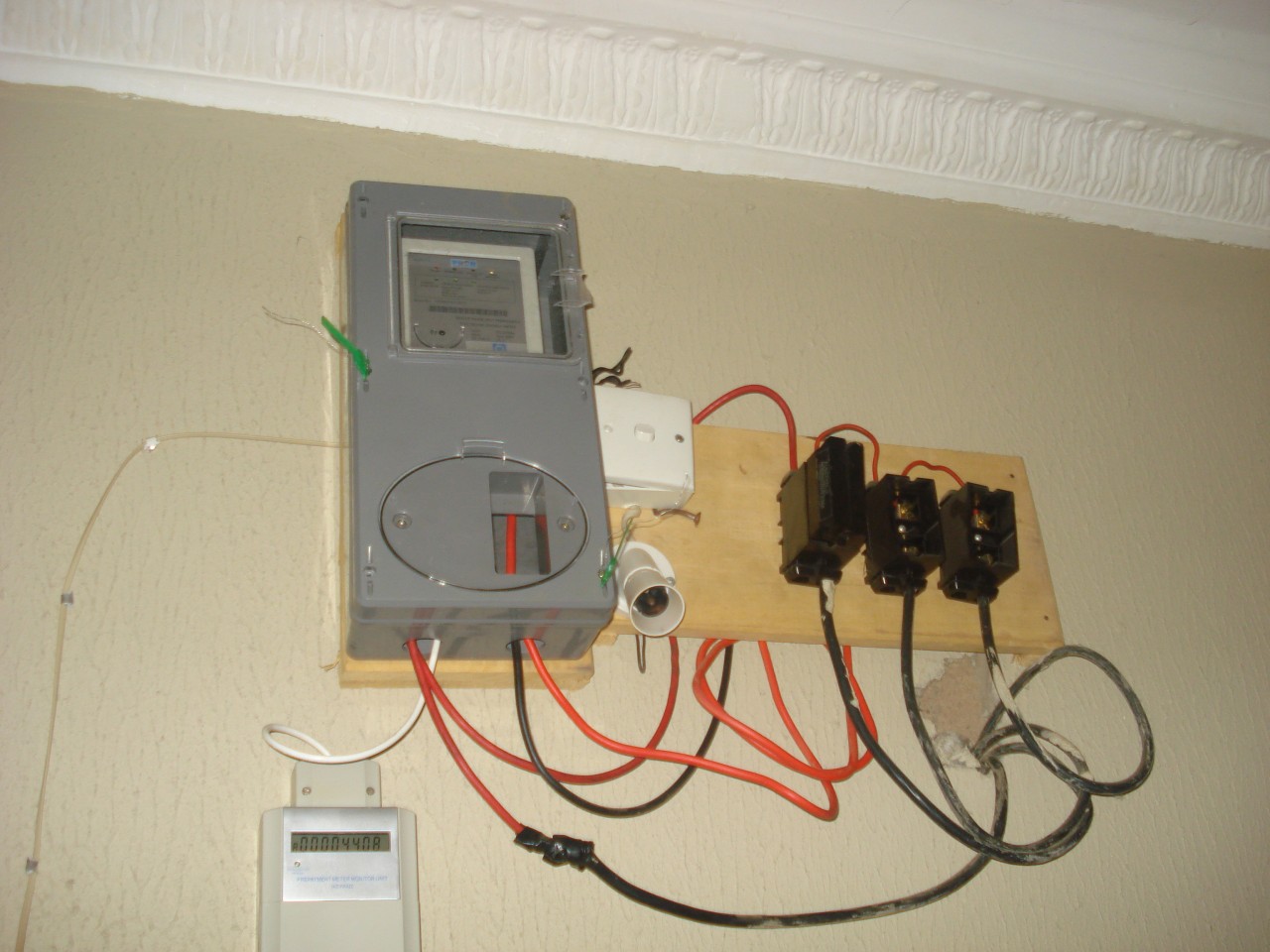
By Modupe Gbadeyanka
As part of efforts to close the metering gap in the country, the federal government, through the Nigerian Electricity Regulatory Commission (NERC), came up with the Meter Asset Providers (MAPs).
This platform gives third-party companies licenced by the government to provide metres to customers of electricity in the country, and the scheme has since commenced on May 1, 2019.
One of the leading electricity distribution firms, Ikeja Electric, embraced the MAPs so as to serve its customers better and more efficiently.
The company, in its efforts to make the process of obtaining a prepaid metre hassle-free for its customers, has explained in simple terms how to go about it.
In its Frequently Ask Questions (FAQs) sector of its website, Ikeja Electric said, “In line with NERC regulations, customers are expected to pay for meters. The payment for the meter by the customer can either be upfront or in instalments.”
It further noted that a single-phase prepaid metre costs N38,850 and a three-phase meter costs N70,350. These are all inclusive of VAT.”
Ikeja Electric explained that, “Customers who cannot afford to pay for their meters upfront can pay in instalments. The instalment payment is by regulation referred to as the Monthly Metering Service Charge (MSC) and will continue until full amortization of the meter asset cost, as agreed with the MAPs.”
It stated that, “A meter is for one customer account only. However, customers with more than one account can have multiple meters.
Ikeja Electric also said for customers who made upfront payments for acquiring the metres, the meters will be provided and installed within 10 working days of the payment, and for payments in instalments, customers will be metered in line with the MAPs installation schedule.
It further said after installation, the meter would be processed for setup and activation within two days, and customers will be able to vend for energy using any of the IE payment channels.
On if customers will have to pay any additional charges for meter requests, Ikeja Electric simply said, “No. The total amount payable is as stated for single and three-phase meters, respectively. However, where a customer location does not have the right service wiring, customers will be advised to purchase one. This can be obtained from any licensed electricity vendor.”
On how customers can pay for the MAP Meters, the firm said, “All payments for meters should be made into the authorised bank account to be advised by the MAP. No customer should pay cash for meters to any individual.”
Commenting on how to obtain the prepaid metres, Ikeja Electric advised customers to complete or update their details by visiting http://map.ikejaelectric.com/. It also said customers could send an email to [email protected] or call on any of 01-448-3900, 01-700-0250 and 0700-022-5543 for further information.
On if a customer decides not to get a meter, the company stressed that, “The regulation stipulates that all unmetered customers must be metered under the MAP scheme. Customers who refuse meters will be denied service by the distribution company,” adding that all meters will be procured and installed via MAPs.
Speaking on customers having unsettled post-paid bill before applying for a meter, the electricity firm advised that the bill be cleared by taking advantage of the various repayment options available during the KYC process.
“Outstanding balance can also be rolled over into the customer’s prepaid account and paid in instalments in line with IE’s instalment plans,” it said.
Answering question as to whether the Meter Service Charge (MSC) is the same as the Suspended Fixed Charge, the company said, “MSC is not the same as the Suspended Fixed Charge (CFC), noting that the MSC is the monthly repayment of the cost of the meter over a period of time.
On the event of customer’s relocation to another apartment after paying for the meters, Ikeja Electric said if the relocation is within its franchise area, the customer is expected to notify the DisCo and once notified, the company will transfer the service to the new location including the credit on the customer’s account.
“Customers are not allowed to remove their meters from their locations,” Ikeja Electric emphasised.
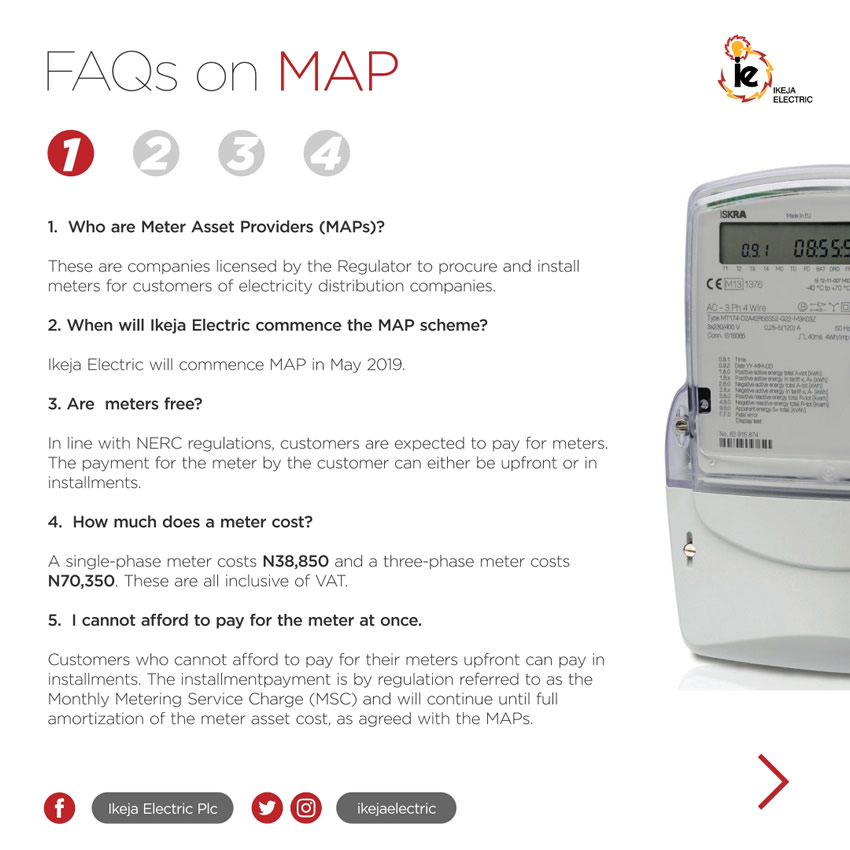
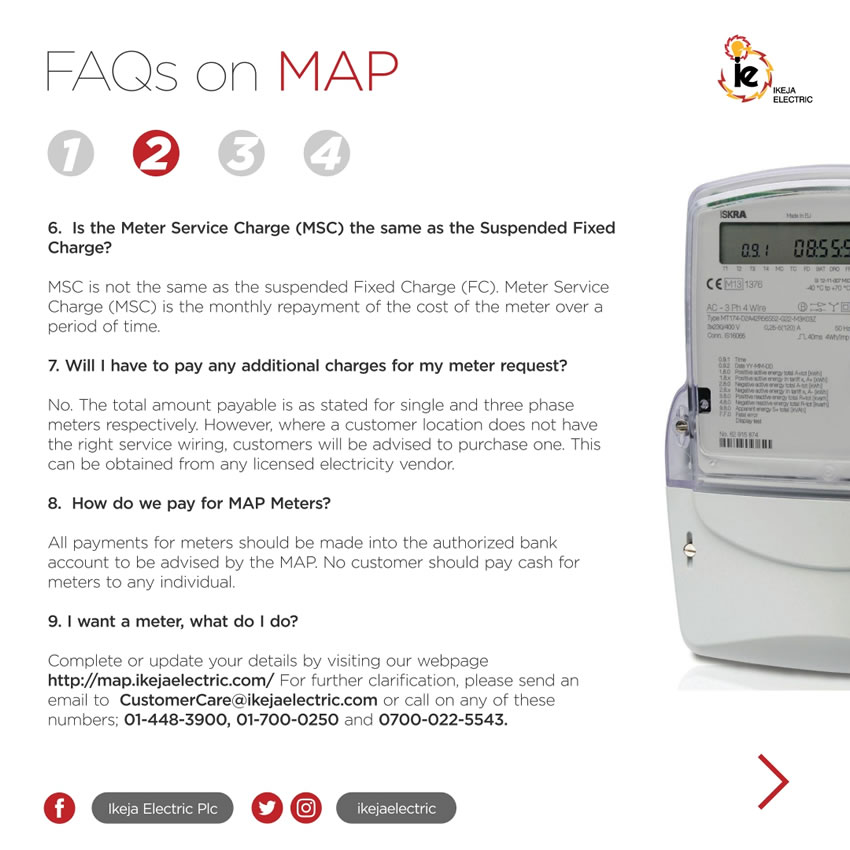
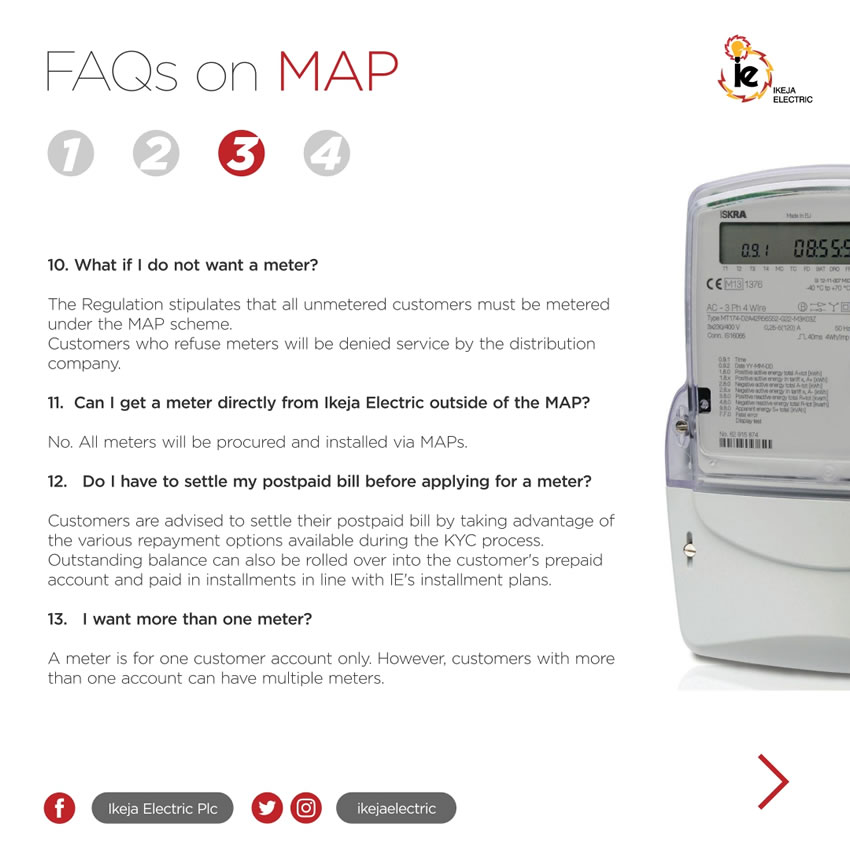
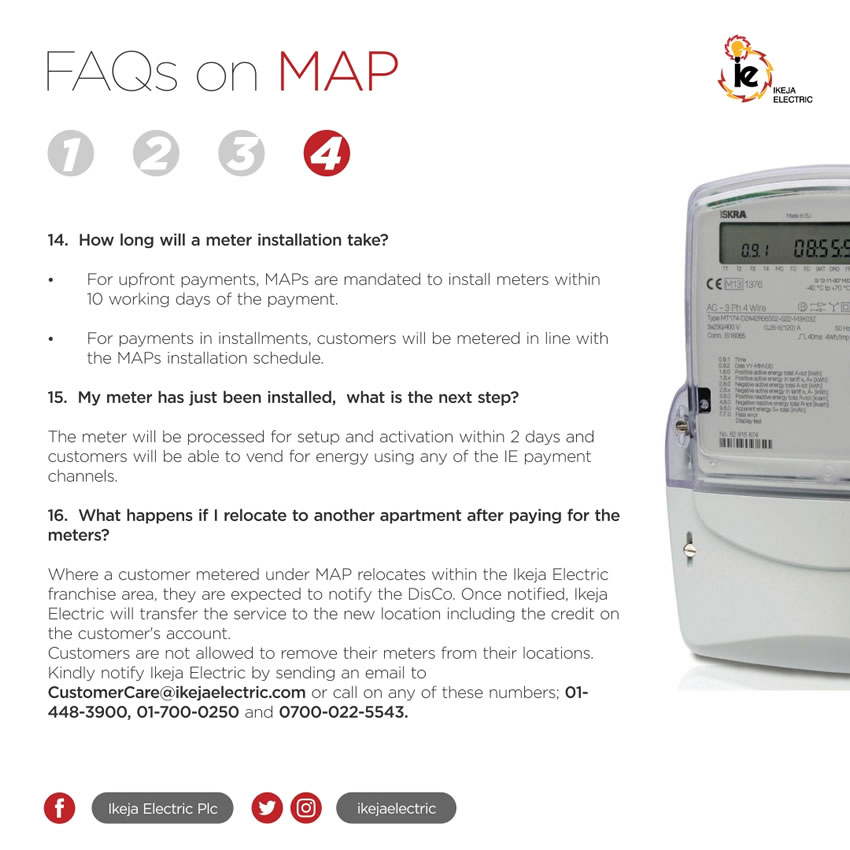
General
Nigerian Bottling Company Bridges Education, Employability Gap

By Modupe Gbadeyanka
The Nigerian Bottling Company (NBC) has reaffirmed its determination to bridge the gap between education and employability in the country by sustaining its flagship Youth Empowered (YE) programme.
This initiative provides hands-on learning, real-world insights, and access to career-shaping opportunities to young Nigerians.
The 2026 edition of the scheme commenced on February 2 at the University of Lagos (UNILAG), with participants mainly young people between the ages of 16 and 35.
A statement from the organisation said this year’s rollout will expand to more tertiary institutions, including the Federal University of Technology, Akure (FUTA). This follows a successful 2025 tour that reached seven cities across the country, including Makurdi, Jos, Benin, Kaduna, Asaba, Akure, and Port Harcourt.
Participants in the 2026 programme will receive training across key modules designed to support personal, professional, and business growth, including Business Life Skills, Adaptability and Resilience, Financial Literacy, Customer Service and Communication, Sales and Negotiation Skills, and Workplace Ethics.
The sessions will also feature breakout workshops on Business Planning, Project Management, and Time Management, alongside the Director’s Grant Pitch Competition, where participants can pitch their ideas for a chance to win business funding.
In addition to skills development, NBC’s People and Culture team will be present throughout the programme to identify outstanding talent for future opportunities within the organisation, further strengthening the connection between learning, employment, and long-term career growth.
One of the participants at the UNILAG training, Waliat Adedogun, who received a cash grant through the Director’s Grant Pitch Competition to support her small business, said: “Youth Empowered gave me more than training; it gave me clarity and confidence. Winning the grant means I can finally take my business idea from a dream into something real. I now feel prepared to build, grow, and create opportunities not just for myself, but for others too.”
Since its launch in 2017, the scheme has impacted more than 70,000 young Nigerians, equipping participants with practical skills, confidence, and exposure needed to succeed in today’s dynamic workplace and entrepreneurial landscape.
This year’s programme is being delivered in collaboration with Fate Foundation as the implementing partner, with funding support from The Coca-Cola HBC Foundation.
Last year, 10 beneficiaries were selected for six-month paid internships across NBC locations in Lagos, Ibadan, Asejire, and Challawa, gaining direct industry exposure.
Additionally, three outstanding participants received sponsorship for an all-expenses-paid intensive culinary training programme and were awarded N1 million each to support the launch of their businesses.
General
INEC Fixes February 20 for 2027 Presidential, NASS Elections

By Modupe Gbadeyanka
The 2027 presidential and National Assembly elections will take place on Saturday, February 20, the Independent National Electoral Commission (INEC) has revealed.
In a notice for the 2027 general polls issued on Friday, the electoral umpire also disclosed that the governorship and state assembly elections for next year would be on Saturday, March 6.
Speaking at a news briefing in Abuja today, the chairman of INEC, Mr Joash Amupitan, expressed the readiness of the commission to conduct the polls next year, which is 12 months away.
The timetable issued by the organisation for the polls comes when the federal parliament has yet to transmit the amended electoral bill to President Bola Tinubu for assent.
This week, the Senate passed the electoral bill, reducing the notice of elections from 360 days to 180 days, while the transmission of results was mandated with a proviso.
Recall that on February 4, INEC said it was ready to go ahead with preparations for the elections despite the delay in the passage of the amended electoral law of 2022.
General
NGIC Pipeline Network to Experience 4-Day Gas Supply Shortage

By Modupe Gbadeyanka
The pipeline network of the NNPC Gas Infrastructure Company Limited (NGIC) will witness a temporary reduction in gas supply for four days.
This information was revealed by the Chief Corporate Communications Officer of the Nigerian National Petroleum Company (NNPC) Limited, Mr Andy Odeh, in a statement on Thursday night.
A key supplier of gas into the NGIC pipeline network is Seplat Energy Plc, a joint venture partner of the state-owned oil agency.
It was disclosed that the facility would undergo routine maintenance from Thursday. February 12 to Sunday, February 15, 2026.
The NNPC stated that, “This planned activity forms part of standard industry safety and asset integrity protocols designed to ensure the continued reliability, efficiency, and safe operation of critical gas infrastructure.”
“Periodic maintenance of this nature is essential to sustain optimal system performance, strengthen operational resilience, and minimise the risk of unplanned outages,” it added.
“During the four-day maintenance period, there will be a temporary reduction in gas supply into the NGIC pipeline network. As a result, some power generation companies reliant on this supply may experience reduced gas availability, which could modestly impact electricity generation levels within the timeframe.
“NNPC Ltd and Seplat Energy are working closely to ensure that the maintenance is executed safely and completed as scheduled. In parallel, NNPC Gas Marketing Limited (NGML) is engaging alternative gas suppliers to mitigate anticipated supply gaps and maintain stability across the network,” the statement further said.
“Upon completion of the maintenance exercise, full gas supply into the NGIC system is expected to resume promptly, enabling affected power generation companies to return to normal operations,” it concluded.
-

 Feature/OPED6 years ago
Feature/OPED6 years agoDavos was Different this year
-
Travel/Tourism10 years ago
Lagos Seals Western Lodge Hotel In Ikorodu
-

 Showbiz3 years ago
Showbiz3 years agoEstranged Lover Releases Videos of Empress Njamah Bathing
-

 Banking8 years ago
Banking8 years agoSort Codes of GTBank Branches in Nigeria
-

 Economy3 years ago
Economy3 years agoSubsidy Removal: CNG at N130 Per Litre Cheaper Than Petrol—IPMAN
-

 Banking3 years ago
Banking3 years agoSort Codes of UBA Branches in Nigeria
-

 Banking3 years ago
Banking3 years agoFirst Bank Announces Planned Downtime
-

 Sports3 years ago
Sports3 years agoHighest Paid Nigerian Footballer – How Much Do Nigerian Footballers Earn




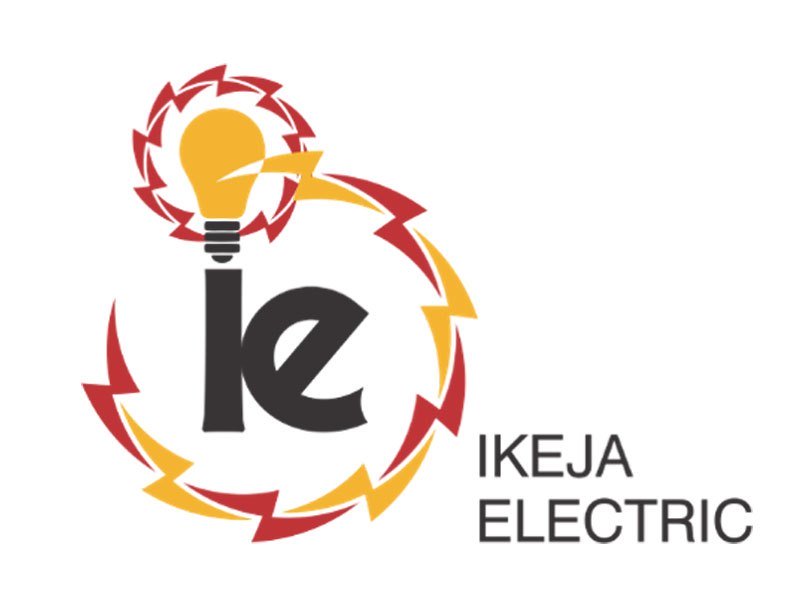

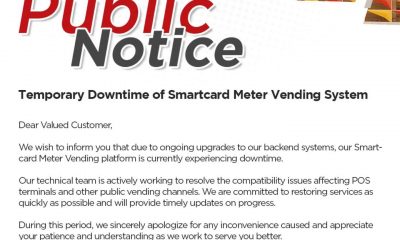













125 Comments